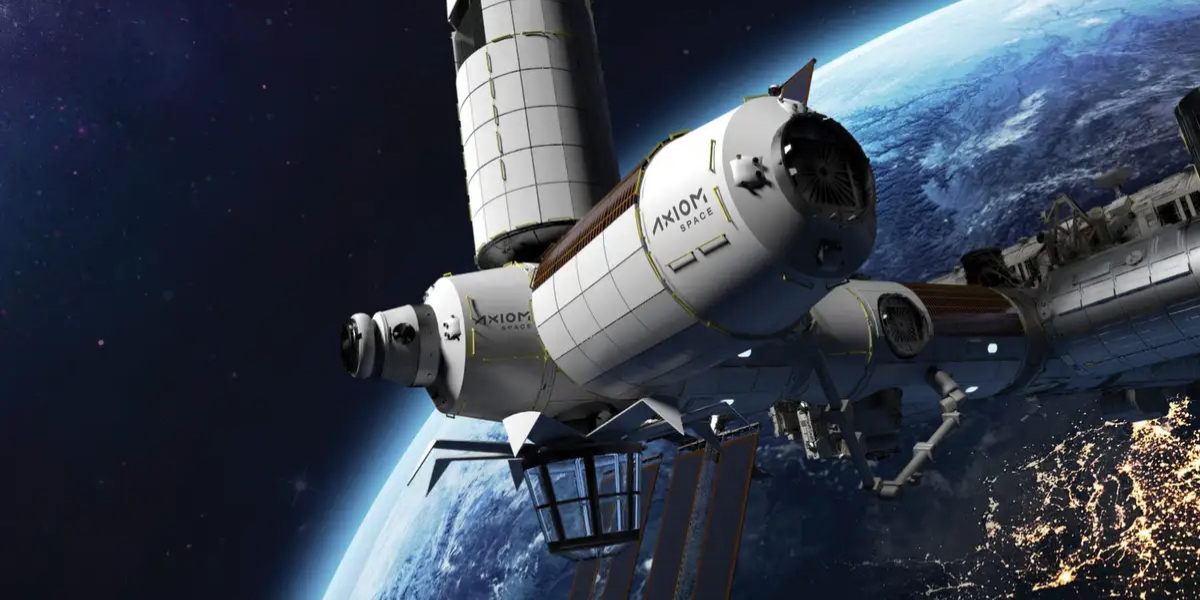A four-member crew from startup business Axiom Space will launch the first wholly private expedition to the ISS (International Space Station) on Friday.
NASA has praised the collaboration, describing it as a critical step toward commercialising the “low Earth orbit” region of space, allowing the agency to focus on more ambitious projects further into space.
A SpaceX rocket will launch at 11:17 a.m. (1517 GMT) from the Kennedy Space Center in Florida.
Former NASA astronaut Michael Lopez-Alegria, a dual citizen of the United States and Spain, will lead the Axiom-1 mission.
He is accompanied by three paid crew members: Larry Connor, an American real estate investor, Mark Pathy, a Canadian businessman, and Eytan Stibbe, an Israeli former fighter pilot and entrepreneur.
The widely publicised ticket price is $55 million, which covers eight days on the outpost.
However, unlike Blue Origin and Virgin Galactic’s recent attention-getting suborbital flights, Axiom claims that its objective is not tourism.
The four will conduct scientific research projects on board the ISS, which orbits 250 miles (400 kilometres) above sea level, including ageing in space, stem cell tests, and a technology demonstration of a self-assembling spaceship.
At a pre-launch briefing, Derek Hassmann, Axiom Space’s operations director, said, “The difference is that our folks aren’t going up there and floating around for eight days snapping photographs and gazing out of the cupola.”
“I mean, we have a really detailed, research-based schedule plan in place for them.”
In addition, crewmember Stibbe intends to pay respect to his buddy Ilan Ramon, Israel’s first astronaut, who perished in the Space Shuttle Columbia catastrophe in 2003 when the spacecraft destroyed during descent.
Stibbe will bring surviving pages from Ramon’s space diary, as well as souvenirs from his children, to the station.
The Axiom team will live and operate alongside the normal staff of the station, which now consists of three Americans and a German on the US side and three Russians on the Russian side.
The business has collaborated with SpaceX for a total of four missions, with the second, Ax-2, already receiving NASA’s approval in concept.
The journeys are seen by Axiom as the initial steps toward a larger goal: the construction of its own private space station. According to president and CEO Michael Suffredini, the first module will be available in September 2024.
It will first be linked to the ISS (International Space Station), before finally flying autonomously after the latter retires and is deorbited around 2030.
[embedpost slug=”/u-s-has-arrested-yakuza-leader-heres-why/”]

















